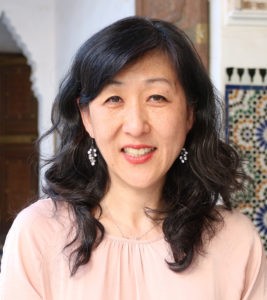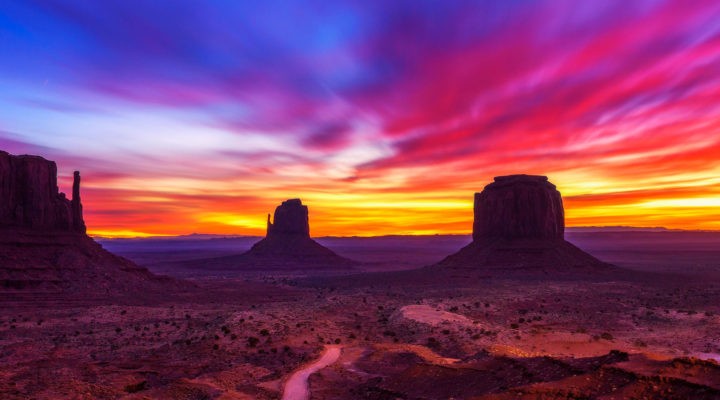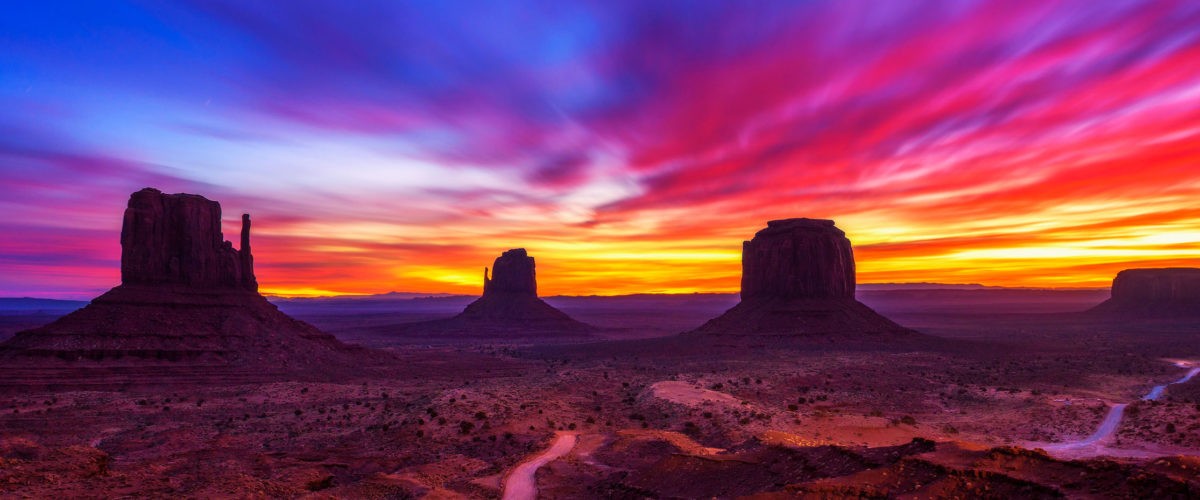The music of elementary school never left me. I remember the tinkering incoherence of band instruments, high whistles of the recorder, the school piano at assemblies. But most vividly, I remember the hum of children stirring when my grade six teacher had a class on folk songs.
When the school day’s end was near, he would bring out a pale golden guitar and sit on the carpet, beckoning us over. Forming a circle, we sang along as he taught us acoustic ballads and melodies, including “Little Boxes,” “Puff the Magic Dragon” and “This Land Is Your Land.”

Grace Ji-Sun Kim
During last week’s presidential inauguration, when Jennifer Lopez, donned in ice white and brilliant diamonds and pearls, belted out “This Land Is Your Land,” I was immediately brought back to my grade six class.
However, the warm sounds of a childhood long past were eclipsed with a somber reckoning long awaiting. Listening to the song as an adult, amidst an unimaginable year of human loss, racial violence and political vitriol, I was left to ponder this song in a new light.
This popular folk song easily floats past our ears in patriotic celebration, but we really should be questioning why it still is a part of the American culture and songbook as it portrays an unknowingly ignorant side of our national identity. We find ourselves singing along to a song that, in truth, commends and breezily rejoices in an idea of a country that was founded on freedom and liberty — a shimmery facade over the ugly victory of the institution of colonialism.
Rather than commemorating those who were lost in the making of America, in the original 1940 lyrics we sang, “This land is your land, this land is my land. From The California to the New York island, from the Redwood forest, to the Gulf stream waters, God blessed America for me.”
Written by Woody Guthrie in 1940, “This Land is Your Land” is a folk song based on a melody called “When the World’s on Fire” by the Carter Family. Countless artists have bellowed and warbled the song, inaugurations go on debuting the song like a pop concert, but no one seems to defiantly confront what the song ignores in its carefree entitlement of “land” for all: the sacred land stolen from Native Americans who lived here before European settlers came and engaged in genocide and conquest to dominate the land.
“No one seems to defiantly confront what the song ignores in its carefree entitlement of ‘land’ for all: the sacred land stolen from Native Americans.”
Songs like this erase the profoundly evil past of colonialism and mass murder — injustices never righted — costing the sacred land and humanity of the Native American peoples. We ask ourselves, who did God bless America for? Who did God give ownership of earth to? Was it even something for us to claim?
This land wasn’t made for us; it was made for all creation: the birds, animals, water creatures, the trees, the meadows, the flowers in the forests. The song says, “This land was made for you and me,” portraying an entitled notion that God created this land for us to declare ours and blessed it for our consumption. We need to move away from anthropomorphizing, which has contributed to this climate change crisis, and understand that we are just a small part of creation. We cannot live without earth, but the earth will flourish without us.
Although we should have challenging moments of contemplation on the 2021 inauguration, let us not forgot the significance of the day’s events. Many of us collectively let out a big sigh of relief when Joe Biden took his oath of office. Lady Gaga’s rendition of the National Anthem moved and stirred my heart and even brought tears to my eyes. The poem read by Amanda Gorman lifted our spirits to reach for higher ground. When Kamala Harris took her oath as the first woman, Black and Asian American vice president, we became proud as a nation to move forward.
Acknowledging and recognizing our ugly past is a step toward the right direction to bring healing to this land. Both for the Natives and for all living things which flourished before white settlers ever stepped foot on this sacred land.
“Let us not forget that words matter.”
Let us not forget that words matter. Today, in lieu of the regular disposability of the news, we find ourselves clinging onto it; onto the headlines, tweets, Tik-toks and memes that bring stimulation in an otherwise monotonous day indoors during the pandemic. And not so long ago, Donald Trump’s words — blatant lies — were forceful enough to summon a manic mob into Capitol Hill, fighting to revoke democracy and the elected president.
Although Trump may have wagered that words could divide us at his will, what he has not realized, and what some of us still have not realized, is that words can unify us as well. Joe Biden spoke of this unity, national restoration, and perhaps most importantly, the obligation “to defend the truth and defeat the lies.”
This could be for us, as a country, a good time to reflect on the words we sing so blindly, so brazenly. This could be a good time for us to reimagine a lyrical composition that defends truth and brings light to all those who are unable to claim a piece of “land” — a piece of the American promise — as their own.
Grace Ji-Sun Kim is professor of theology at Earlham School of Religion in Richmond, Ind., and earned a Ph.D. from the University of Toronto. She is an ordained minister in the Presbyterian Church (USA) and the author or editor of 19 books, most recently Keeping Hope Alive, Reimagining Spirit and Intersectional Theology co-written with Susan M. Shaw.


